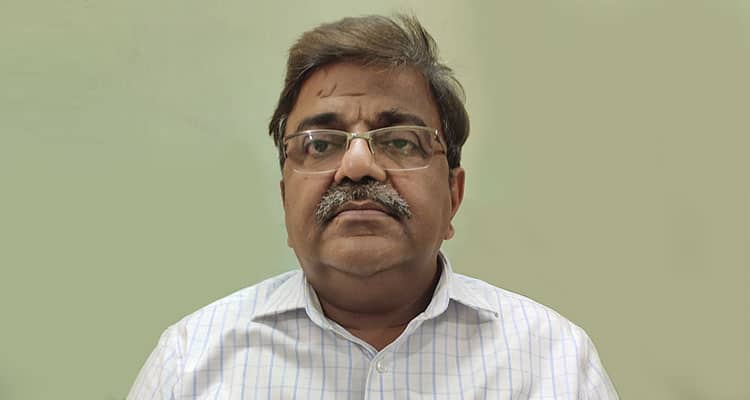Dr Rajan Thakur, MD, Heart Hospital Patna highlights the role of technology in cardiac care
The healthcare sector has witnessed rapid and massive tech transformation recently. Latest innovation, R&D, emerging trends, and digitalisation are harboring a paradigm shift in cardiac care. According to World Health Organisation (WHO), cardiovascular diseases like is chemic heart disease and stroke account for 17.7 million deaths in India and this also involves a significant young population which is concerning. In such an alarming situation, tech advancements from telemedicine to wearable devices for early diagnosis to use of artificial intelligence and robotics in machine learning, are revolutionising cardiac care in India. On World Heart Day, medical experts too expressed that cutting edge technology would drastically change the entire scenario soon and make quality cardiac care more convenient, accessible and easy to save more lives and reduce the burden on health infrastructure.
“Our country has seen a significant improvement in cardiac care in recent years. At a time when cases of cardiovascular diseases are constantly increasing especially among the young population, advanced imaging tools and even quality stents that meet benchmarks of safety, efficacy and quality are greatly reducing the burden of deaths caused by coronary artery disease (CAD) and stroke,” said Dr Rajan Thakur Managing Director & Chairman Heart Hospital Patna.
Furthermore, a rise in lifestyle diseases like diabetes, hypertension and bad practices like smoking, unhealthy diet and sedentary lifestyle are also leading to increase in complexities in cardiovascular diseases. And now, minimal invasive procedures like percutaneous coronary intervention (PCI) backed by cutting-edge technology are providing better care by opening clogged coronary arteries and helping patients to live a quality life. Additionally, drug-eluting stents are also helping doctors to treat cases with challenges or complications like diabetes or multiple blockages. Also, new visualization methods like Optical Coherence Tomography (OCT) are also transforming heart treatment by providing high resolution images. Doctors can now get accurate and automated measurements that help and guide them in better stent selection, placement and deployment.
Technology has played a crucial role in this global coronavirus pandemic and has accelerated the adoption of digital tools, paving the way for telemedicine in India. Online consultations backed by next-gen technology are creating an ecosystem where caregivers and patients can interact hassle free, thus reducing the burden on hospitals and other facilities. It has emerged as a boon to heart patients in rural areas where quality cardiac care is still inaccessible.
“The health ecosystem has greatly benefited from digitalisation. It has increased health access, has resulted in early diagnosis and has offered timely treatment. Now doctors and caregivers can provide seamless medical services to patients in their homes for early detection of cardiovascular risks and better management mainly for high-risk individuals with real time response. Data insights are helping in risk assessment for quick decisions and timely intervention. Most importantly, the tech-enabled solutions are helping in taking cardiac care from metropolises to remote and rural areas to serve the needy,” added Dr Thakur
Moreover, the healthcare sector is also seeing the emergence of remote connected care that offers electrocardiogram (ECG) diagnosis using cloud-based technology and bluetooth-enabled cardiac devices which analyses the risk factors and sends the data to the doctors or caregivers without physically visiting the clinic.
When it comes to early care or better risk assessment, the use of wearable devices like smart watches are also helping in prevention, diagnosis and management of heart patients. These smart wearables provide a lot of data with the help of sensors and softwares that can be helpful for doctors and technicians. “The measurement of heart rate during rest of exercise can help in predicting the risk of cardiovascular disease. These smart devices measure heart rate and rhythm through electrocardiography to calculate intervals between beats and use algorithms to classify heart rhythm that can be very effective in early diagnosis and better risk management,” said Dr Thakur.
- Advertisement -


